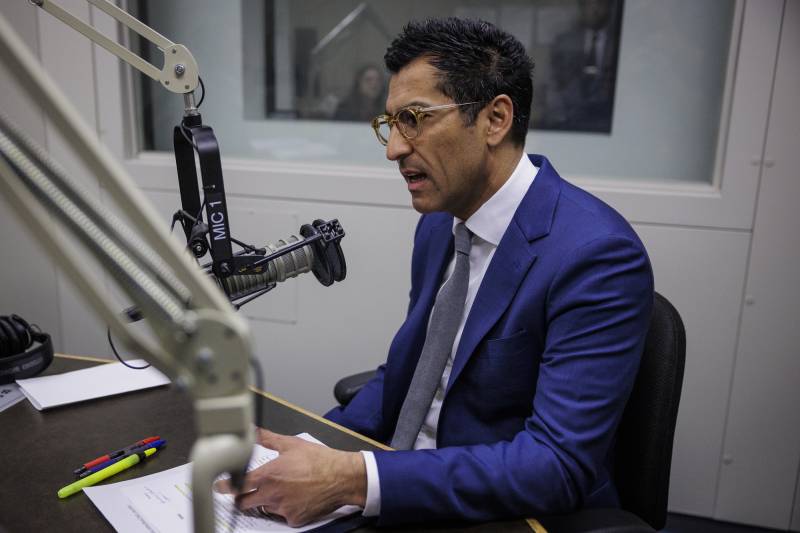California Assembly Speaker Robert Rivas (D-Salinas) on Thursday said he didn’t want to ask voters to reverse parts of Proposition 47, the state’s controversial criminal justice reform law that some critics blame for increases in rates of shoplifting and organized retail theft.
“I don’t want to go back to the ballot,” Rivas said on KQED’s Political Breakdown. “I don’t think we need to repeal Prop. 47.”
Rivas joins the two other most powerful Democrats in Sacramento — Gov. Gavin Newsom and Senate President Pro Tem Mike McGuire — who previously stated their opposition to bringing the question back to voters. Rivas, McGuire and Newsom all say the state can tackle retail theft issues through the legislative process.
Catch up fast: California voters passed Proposition 47 in 2014, as the state faced a U.S. Supreme Court order to reduce its prison population and as public opinion swung away from tough-on-crime laws that dominated criminal justice in previous decades.
The ballot measure lowered simple possession of illegal drugs from a felony to a misdemeanor and raised the felony threshold for theft from $400 to $950.


